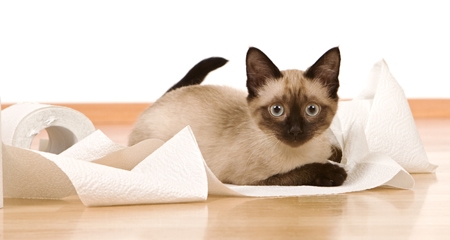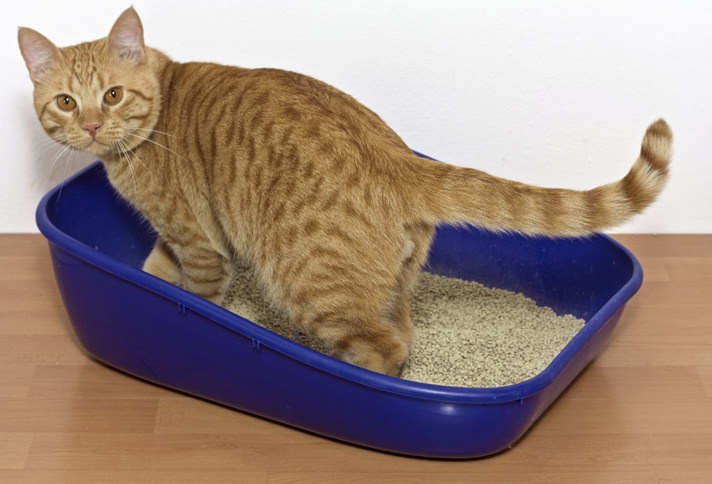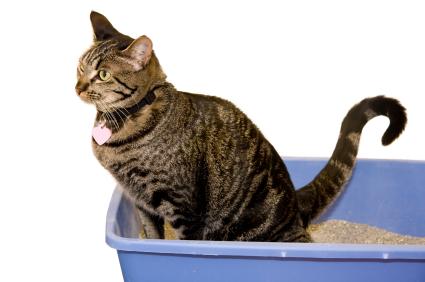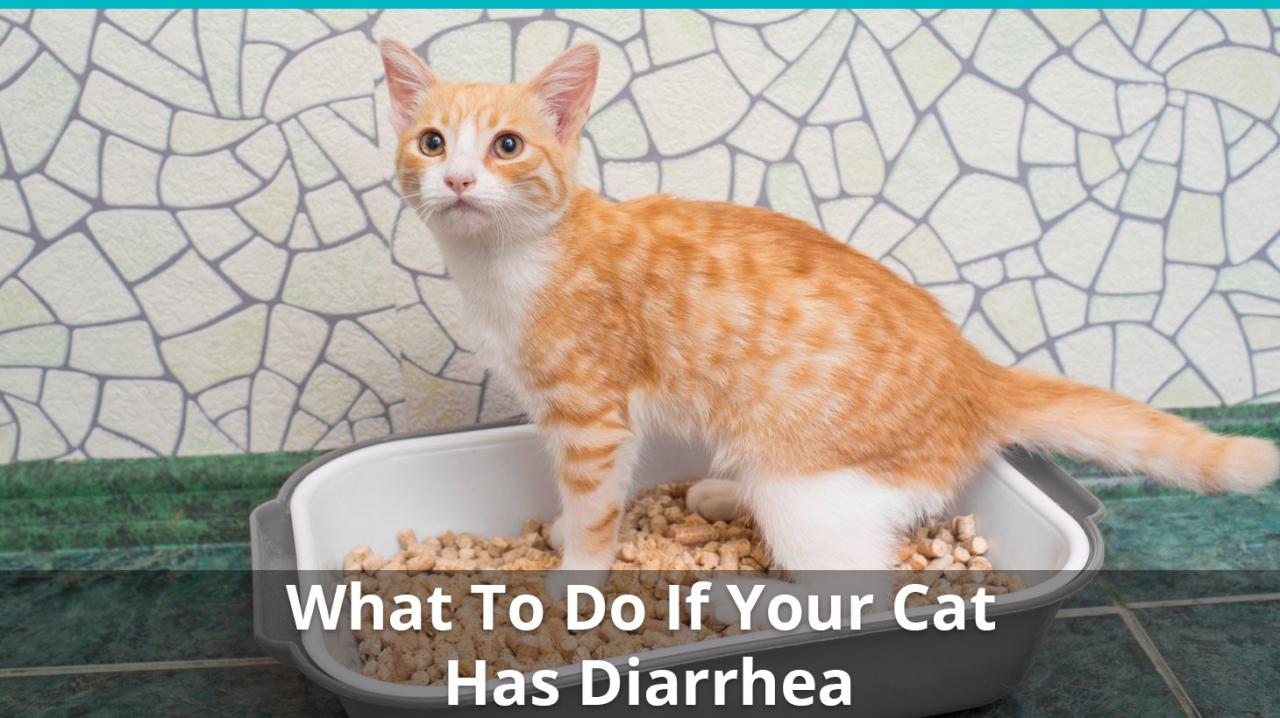We all get mighty concerned with something that happens to our feline and canine friends. Well, diarrhea is one condition that you don’t want your pets to suffer from for too long. This isn’t just one disease; rather, the side effects associated with diarrhea are numerous. In this discussion, we have decided to discuss this topic in detail since most pet journals seem strangely reluctant and hesitant to talk about this issue in detail. They think it isn’t important enough, and yet it is one of the most serious issues your cat will ever face! Not only do we talk about the probable causes of diarrhea, but we also discuss diarrhea symptoms as well as the precautionary measures and treatments.
Diarrhea symptoms

Without further ado, let us begin this discussion, and first, let us look at symptoms associated with diarrhea. We all know that diarrhea is a condition in which your cat’s stool has a more liquefied appearance than normal. However, that is just the standard definition of diarrhea. Many other symptoms can give you a clue if your cat is suffering from diarrhea. For example, there might be an excess of mucus in your cat’s stool.
In some cases, worms have also been found. Then come the other, more noticeable symptoms of diarrhea—for example, vomiting and a loss of appetite. In severe cases, your cat dehydrates and loses weight at a very rapid pace.
What causes diarrhea in cats?
Now, let us discuss the point around which this whole discussion has been orchestrated. What causes diarrhea in cats? Well, you will be surprised to know that several elements can lead to a state of feline diarrhea. First in this list are, of course, the bacterial and viral agents. Apart from these chief perpetrators of diarrhea, there are certainly other causes of diarrhea as well. For example, a parasitic worm can cause diarrhea, as can a food item your cat is allergic to. There are secondary, less frequent, but equally important reasons for diarrhea. These include poisons, liver malfunctioning, and viruses like retroviruses. It could be any of these reasons, but we don’t want you to play the guessing game. Let a vet decide the cause, the reason for diarrhea in your cat. Please don’t play the vet, something that we talk about in detail a bit later!
What should be your response?

First things first, please don’t panic. There is a good chance that your cat is suffering from some other health condition, and you have misinterpreted it as diarrhea. Hence, it is essential to diagnose the symptoms of diarrhea properly. And that requires excellent observation. You can consult the symptoms which we have mentioned already. Once you have established that it is indeed diarrhea from which your cat is suffering, you should notice the appearance of the stool. Make notes about the frequency of diarrhea as well. Why is taking notes important? So, that you can tell the vet about everything once you visit the vet!
Tests by vets
What is your vet going to do? Order some tests and prescribe some meds, of course. But what tests and what meds? Let us talk about these in detail. You must know that your vet will give the best treatment to your cat, based on the medical history you provide. So coming back to the point, your vet will order some blood tests apart from that mandatory ultrasound test. Once the results of those reports are in your vet’s hands, he or she can prescribe the medicines which will get things back to normal!
Treatment of feline diarrhea
Now, let us talk about some solutions. What sort of treatment can you expect from the vet for your vet? Sometimes, it is the bacteria that is behind all this mess. So, antibiotics can do wonders for your pet. The same goes for viruses like feline retroviruses; antiviral medication for that purpose ought to do the trick. The treatments for a parasitic infection would involve a deworming agent. Treatments for an underlying health condition can vary. We wish we could talk about this in detail. However, the limitations of time and space force us to not go into the details.
Diet and diarrhea

Once your cat recovers completely, now it is time to replenish the lost nutrients. The chances are high that your cat will be pretty dehydrated, so do focus on restoring the electrolyte imbalance. Poor nutrition is also the reason why your cat can get diarrhea in the first place. So, don’t take a feline diet lightly. One of the essential features of nutritional therapy when treating diarrhea is an abundance of hydrolyzed foods. We would also recommend amplifying the protein content of your cat’s diet. This is a strategy that pays dividends well, and many vets recommend that. However, don’t do anything against the word of your pet’s vet!
Don’t play the vet!
We have lost count, the number of times we have advised people not to play the vet. Yes, trying home remedies is fine but don’t rely on them so heavily. You might end up complicating the situation more, and then, even the vet will find it hard to help you and your pet. Pet lovers try to alleviate the pain of their beloved pets by using solutions that promise immediate improvement. However, mostly, these tips and tricks are nothing but scams devised by quacks. Avoid such hasty options and take your pet to a qualified vet immediately!
Conclusion
Well, that will be all from this discussion, folks. We hope that you find yourselves much better equipped in the war against feline diarrhea, now that you have read this discussion thoroughly. Just like the human version of the disease, the biggest challenge in managing feline diarrhea is getting things back on track as early as possible. If you manage to keep things clean, your cats are less likely to suffer from diarrhea in the future, and that is a promise!
